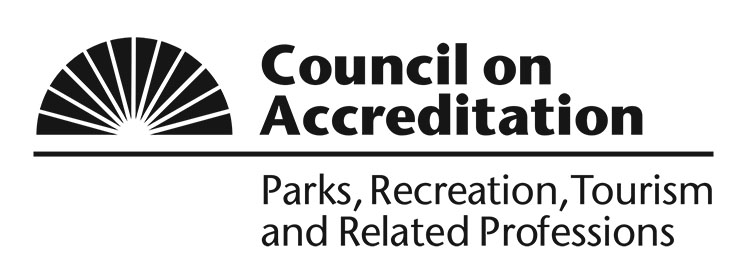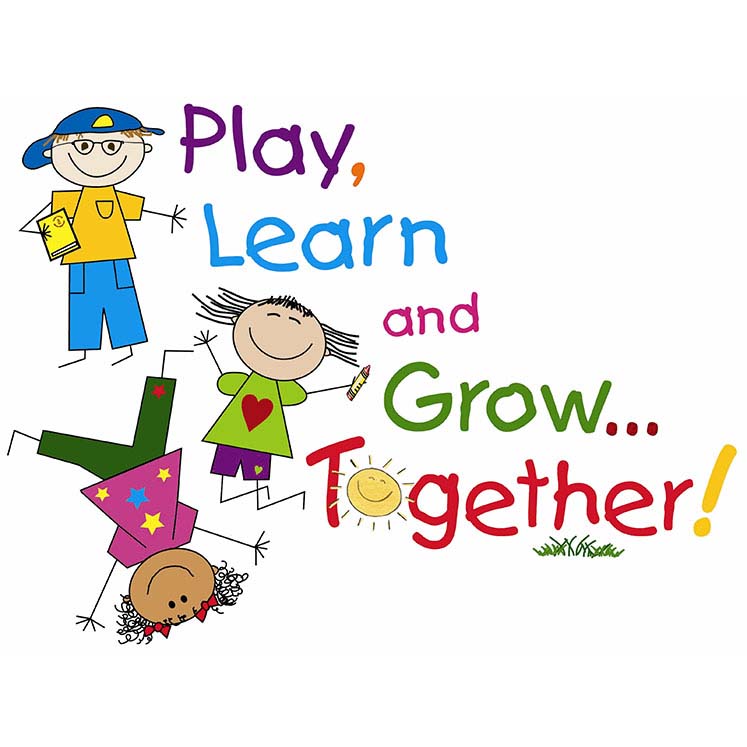Program Description
The Therapeutic Recreation (TR) program provides curricular and co-curricular experiences for students to become leaders in therapeutic recreation and related professions. Graduates meet requirements to apply for certification by the National Council for Therapeutic Certification and licensure by the state of North Carolina.
TR Program Student Learning Outcomes
- Summarize relevant concepts and theories.
[history, philosophy, play, recreation, leisure] - Relate behavioral knowledge to human function. [culture, diagnoses, etc.]
- Illustrate best practices for human service providers. [professionalism, models of service delivery, role and function of human service provider, legal/regulations, SOP, professional involvement]
- Authentically assess individuals and communities.
- Design various plans for effective service provision.
- Implement person-centered programs and services.
- Explain concepts and procedures related to management.
- Demonstrate the ability to think critically and to solve problem.
[evaluation, research] - Demonstrate the ability to communication effectively. [oral, written]
- Apply knowledge, skills, and abilities in structured authentic situations.
Mission
The mission of the Therapeutic Recreation Program is to provide academic and extracurricular experiences for individuals to become leaders in therapeutic recreation and related professions. Graduates meet requirements to apply for certification by the National Council for Therapeutic Certification and licensure by the state of North Carolina.
Vision
The Therapeutic Recreation Program envisions engaged learners in liberal education and professional preparation ready to provide innovative and high-quality services.
Values
The following value statements serve to shape our program:
- Healthy recreation and leisure involvement is fundamental for life satisfaction.
- TR uses recreation and leisure experiences to help people with disabilities and other limiting conditions to recover, develop, maintain, and improve their quality of life.
- Effective TR practitioners are grounded in theoretical concepts and employ evidence-based intervention in all practice settings.
- The use of high impact practices increase the effectiveness of learning experiences.
- Community engagement contributes to healthy lifestyles for all.

The WSSU Therapeutic Recreation Program is accredited by the Council on Accreditation of Park, Recreation, Tourism and Related Professions (COAPRT) accredits baccalaureate programs in parks, recreation, tourism, sport management, event management, therapeutic recreation, and leisure studies offered at regionally accredited institutions within the United States and its territories, and at nationally accredited institutions in Canada, and Mexico. The WSSU TR Program has been accredited since 1997. COAPRT is recognized by the Council for Higher Education Association (CHEA).
Graduates meet requirements to apply for certification by the National Council for Therapeutic Certification and licensure by the state of North Carolina. Students should consult with the licensing boards of NJ, OK, NH, and UT regarding specific requirements for those states. The WSSU Therapeutic Recreation Program is accredited by the Council on Accreditation of Park, Recreation, Tourism and Related Professions (COAPRT).
Standard 2.05.05 - The program annually posts 7.0 series aggregated data and additional evidence reflecting program academic quality and student achievement on their program website. Please see this document for 2023-24 data for the WSSU TR Program.
Important Information Regarding Degree Mills
Please watch this important video regarding degree and accreditation mills. According to CHEA, "Degree mills and accreditation mills mislead and harm. In the United States, degrees and certificates from mills may not be acknowledged by other institutions when students seek to transfer or go to graduate school. Employers may not acknowledge degrees and certificates from degree mills when providing tuition assistance for continuing education. “Accreditation” from an accreditation mill can mislead students and the public about the quality of an institution. In the presence of degree mills and accreditation mills, students may spend a good deal of money and receive neither an education nor a useable credential." Read more on CHEA's website.
Current graduates meet educational requirements to apply for certification by the National Council for Therapeutic Certification and licensure by the state of North Carolina. Students should consult with the licensing boards of NJ, OK, NH, and UT regarding specific requirements for those states. The WSSU Therapeutic Recreation Program is accredited by the Council on Accreditation of Park, Recreation, Tourism and Related Professions (COAPRT).
These disclosures do not provide any guarantee that any particular state licensure or certification entity will approve or deny an application. Additionally, these disclosures do not account for changes in state law or regulation that may affect an application for licensure that occurs after these disclosures have been made. Students should check the Professional Licensure material before registering for classes each session for the most up-to-date information.
Winston-Salem State University is a member of the National Council State Authorization Reciprocity Agreements (NC- SARA) which allows the university to provide distance learning programs (both online and learning placements) and coursework to students located in states other than North Carolina. Membership does not grant reciprocity or exemption from state professional licensing requirements. Licensing requirements in North Carolina may not be recognized as sufficient to obtain a license in other states.
WSSU shall not be held liable if a student is unable to qualify for licensure or certification in any jurisdiction.

Students engage in Horticulture therapy and development of many other outdoor or nature-based programs.

Leisure, play, and recreation are very important. A major focus of the TR Program is experiences for student learning as well as the future participants the graduates will serve.

Innovation, creativity, critical thinking, and flexibility are developed throughout the learning process.

